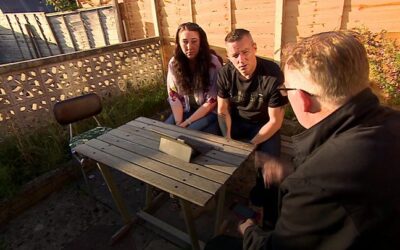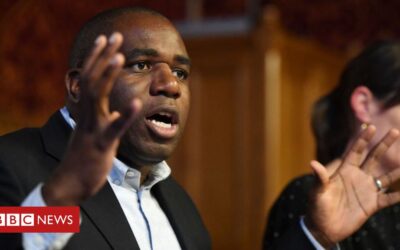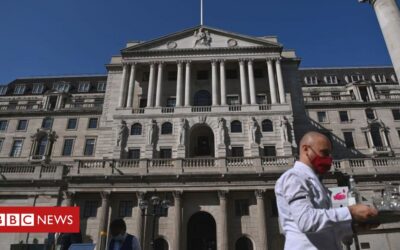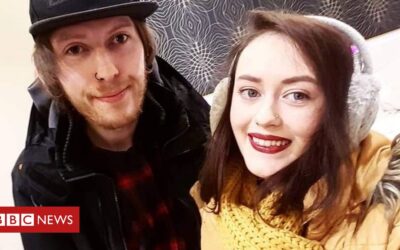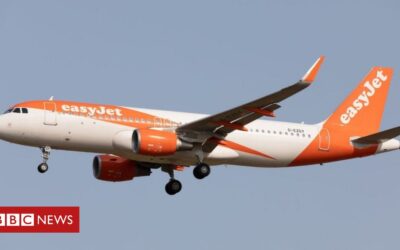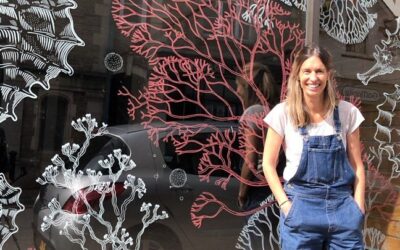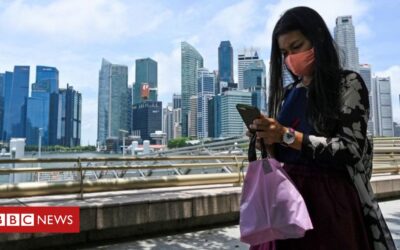First-time buyers – often cited as the lifeblood of the UK housing market – are becoming less likely to buy a home than movers, researchers predict.For more than a year, the highest proportion of sales were to people buying for the first time, according to property portal Zoopla.But the squeeze on mortgage lending and increased interest from movers will change the dynamic this year and next.The coronavirus crisis has changed conditions in the UK housing market.Four ways the property market ‘will be tougher’ for first-time buyers
First-time buyers in Scotland at ‘seven-year-low’
Lockdown led to many people reconsidering their domestic arrangements, particularly as they have spent more time working from home.Gardens and space, as well as proximity of family, have risen on the priority list. That has led some existing homeowners to look around for an alternative property.First-time buyers, in contrast, have seen their options squeezed as lenders tighten their criteria for granting a mortgage – demanding larger deposits and guarantees of secure employment.The result, according to Zoopla, is that home movers will become the more likely buyers at the end of this year and next year.Pent-up demand, and government incentives such as a stamp duty holiday, led to property portals and estate agents reporting a surge in interest when lockdown restrictions were lifted.This resulted in some people, like Alex Phillips, buying their first home.The 27-year-old teacher bought a terraced house in Newport in August, on the same street as the primary school he attended as a child.”The situation meant viewings were not straightforward, but it all went through in two months,” he said.”I did not want to be in limbo and for this to be a starting point.” He said a mortgage adviser helped him secure a home loan with a 10% deposit, which he said was “vital” for affordability.In August, agreed sales of homes with two bedrooms or fewer, excluding central London, were up 36% compared with the same month last year, according to property portal Rightmove.”These types of homes are finding a buyer within 53 days on average, which is seven days quicker than last year,” said Rightmove’s director of property data, Tim Bannister.’Driving force’This demand is expected to fade as mortgage restrictions feed through. Zoopla research suggested demand from first-time buyers was already dropping following the post-lockdown peak, whereas demand from movers was “holding steady” at 37% higher than pre-Covid levels.”First-time buyers have been a driving force of housing sales over the last decade,” said Richard Donnell, research and insight director at Zoopla. “They remain a key buyer group but lower availability of higher loan to value mortgages and increased movement by existing homeowners means a shift in the mix of home buyers into 2021.”
Your results
–
Amount of the United Kingdom that has housing you can afford
Range of affordable areas includes:
Armagh City, Banbridge and Craigavon and Belfast
No affordable areas
Search the UK for more details about a local area
low (£)
high (£££)
Affordable
Unaffordable
You have a big enough deposit and your monthly payments are high enough.
The prices are based on the local market. If there are 100 properties of the right size in an area and they are placed in price order with the cheapest first, the “low-end” of the market will be the 25th property, “mid-priced” is the 50th and “high-end” will be the 75th.



